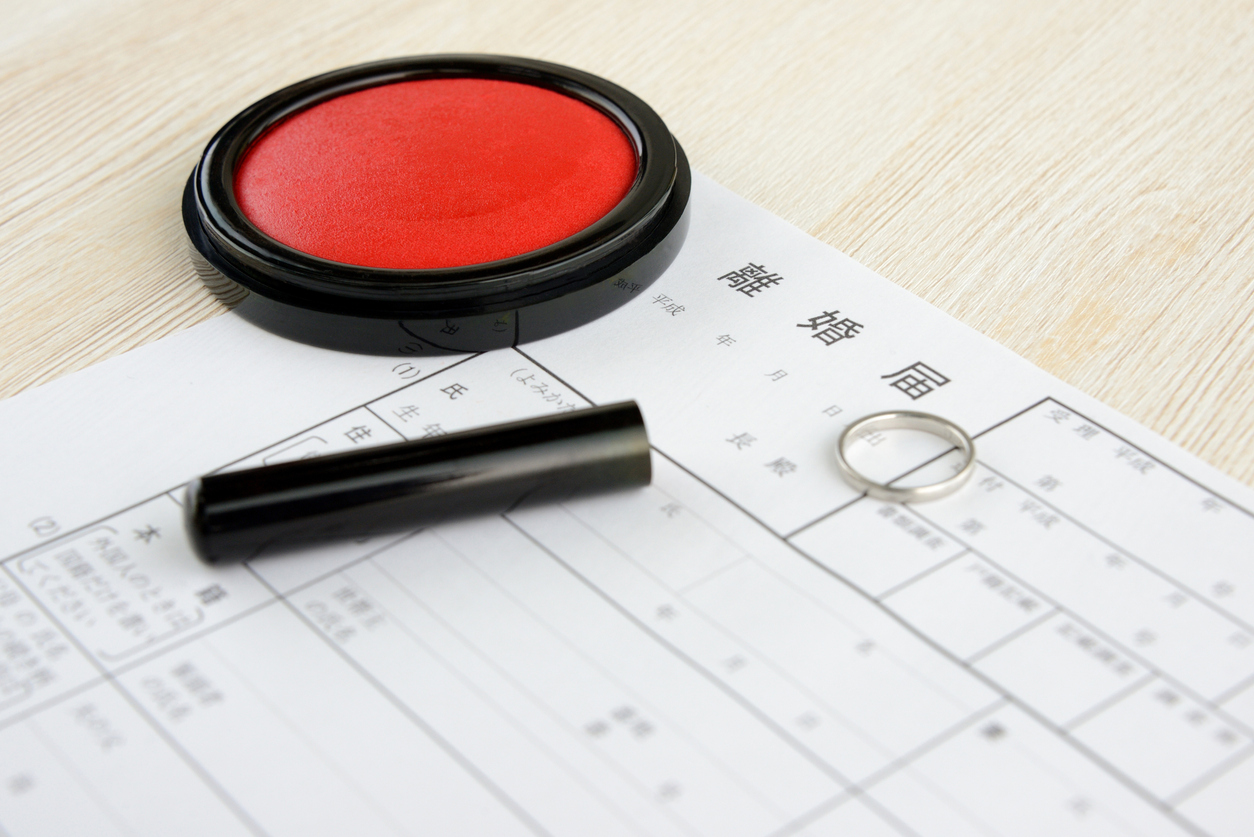CASE STUDIES A Guide to Alimony in Japan After Divorce

If you are getting divorced in Japan, you may be able to get a payment from your ex-spouse. This payment is often called “alimony,” but the system in Japan is very different from the one in Western countries. It is a one-time payment, not a monthly support payment. This payment, known as 慰謝料 (isha-ryo) or “consolation money,” is only given when one person is legally “at-fault” for causing the divorce. To get this payment, you must have solid proof of your spouse’s wrongdoing. This guide will give you an outline of alimony in Japan and explain the situations where you can get it. At FAM Investigation Agency, we specialize in gathering the legal evidence you need to support your alimony claim.
Table of Contents
- Disclaimer: This article is for informational purposes only and is not legal advice. You should always consult with a qualified lawyer in Japan for advice on your specific situation.
- What is Alimony (Isha-ryo) in Japan?
- When Can You Get Alimony? (The “At-Fault” Reasons)
- The Most Important Factor: You Must Have Proof
- How is the Alimony Amount Decided?
- Why You Need a Professional Investigator
- Conclusion: Know Your Rights and Get the Proof
What is Alimony (Isha-ryo) in Japan?
The concept of alimony in Japan can be confusing. It is not about supporting an ex-spouse’s lifestyle after a divorce. Instead, it is about compensating the victim for the emotional pain and suffering caused by the spouse who was responsible for the marriage ending.

- It is “Consolation Money”: The Japanese word is isha-ryo, which translates to “consolation money” or “damages.” Think of it as a payment for the emotional damage you suffered.
- It is a One-Time Payment: Unlike ongoing monthly alimony in the US, isha-ryo is almost always paid as a single, lump-sum amount.
- It is Based on Fault: This is the most important rule. You can only get isha-ryo if you can legally prove that your spouse was the reason the marriage failed. If it was a mutual separation, no isha-ryo is paid.
- It is Separate from Asset Division: The division of shared property and savings (zaisan bunyo) is a separate process. Alimony is an additional payment on top of the property split.
When Can You Get Alimony? (The “At-Fault” Reasons)

You can only claim alimony if your spouse has committed a specific act that is legally recognized as a reason for divorce. The most common “at-fault” reasons are:
- Infidelity (Cheating): This is the most frequent reason for an alimony claim in Japan. If you can prove your spouse had a physical affair with someone else, you have a very strong case.
- Malicious Abandonment: This is when your spouse leaves you without a good reason, stops sending living expenses, and effectively abandons the marriage.
- Physical Abuse (DV – Domestic Violence): If your spouse was physically violent towards you, this is a clear reason for an alimony claim.
- Mental or Emotional Abuse: This can include constant verbal abuse, threats, or other behavior that causes you severe emotional distress. This is often harder to prove than physical abuse.
Without proof of one of these reasons, you generally cannot get an alimony payment in Japan.
The Most Important Factor: You Must Have Proof
Making an accusation is not enough. To win an alimony claim in Japan, the burden is on you to provide clear, undeniable evidence of your spouse’s fault.

- For Infidelity: This is where our work is most critical. You need more than just suspicious text messages. As we explain in our guide to infidelity evidence, you need proof of a physical relationship. The best evidence is photos or videos of your spouse and the other person entering and leaving a hotel or private residence together.
- For Abuse: This can be police reports, doctor’s records of injuries, or recordings of abusive conversations.
Without strong evidence, your claim will likely be denied. A professional infidelity investigation is designed to get you the exact type of legal proof that lawyers and courts in Japan require.
How is the Alimony Amount Decided?
There is no fixed formula for calculating the amount of alimony. If the case goes to court, a judge will decide based on several factors:

- The severity of the spouse’s actions (e.g., a one-time affair vs. a long-term relationship).
- The length of the marriage.
- The emotional pain caused to the victim.
- The financial status of both spouses.
The amount can vary widely, but it is important to have realistic expectations. A lawyer can give you a better idea of what you might expect in your specific case.
Why You Need a Professional Investigator
A professional investigator is essential for getting the proof you need for an alimony claim.
- We Get the Right Kind of Evidence: We know what the courts in Japan look for. Our team is trained to gather legally admissible proof, especially for infidelity cases.
- Our Work is Discreet and Safe: Trying to follow your spouse on your own is risky. You could be seen, which could make the situation worse. Our agents are experts at surveillance and will not be detected.
- Our Report is a Legal Document: We provide you with a professional, detailed report with time-stamped photos and videos. Your lawyer can use this report directly in negotiations or in court.
Conclusion: Know Your Rights and Get the Proof
If your marriage is ending because of your spouse’s actions, you may have the right to claim alimony (isha-ryo) under Japanese law. However, having a right is not enough. You must have the evidence to back up your claim. A professional investigation is the most reliable and effective way to get the proof you need. It gives you the power to hold your spouse accountable and to get the compensation you deserve for the pain you have suffered.
If you are considering divorce and need to gather evidence for an alimony claim, contact FAM Investigation Agency today for a free and confidential consultation.
